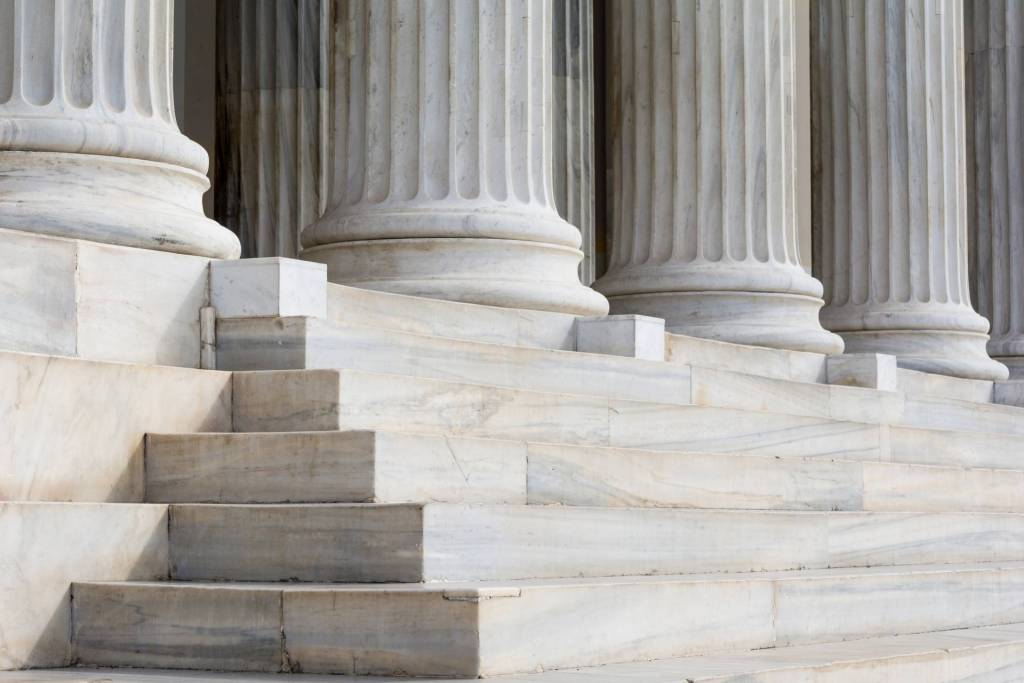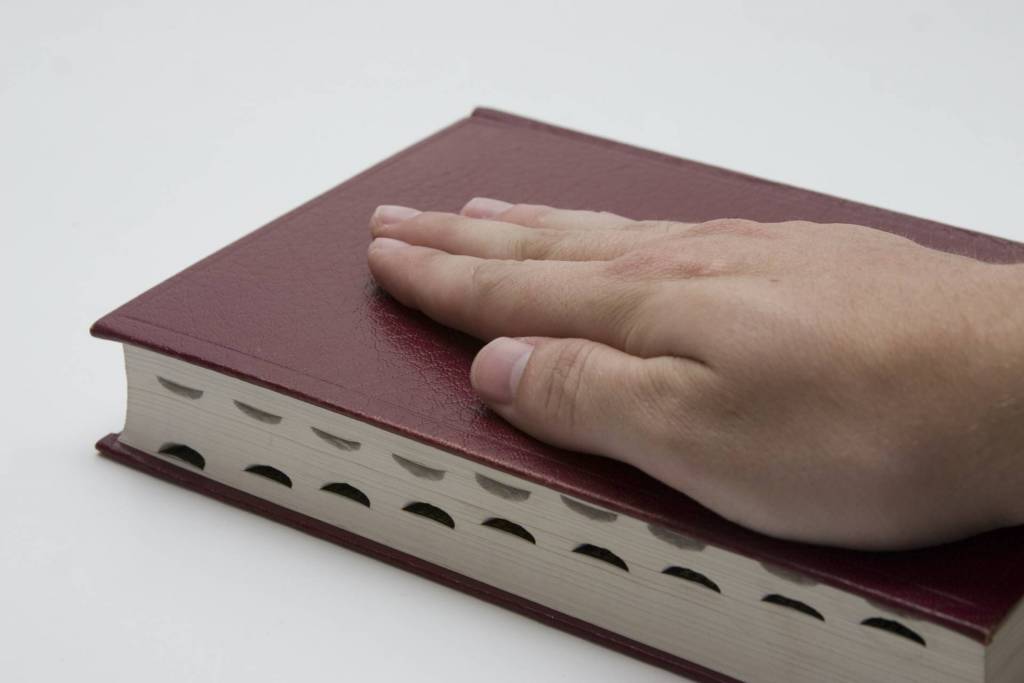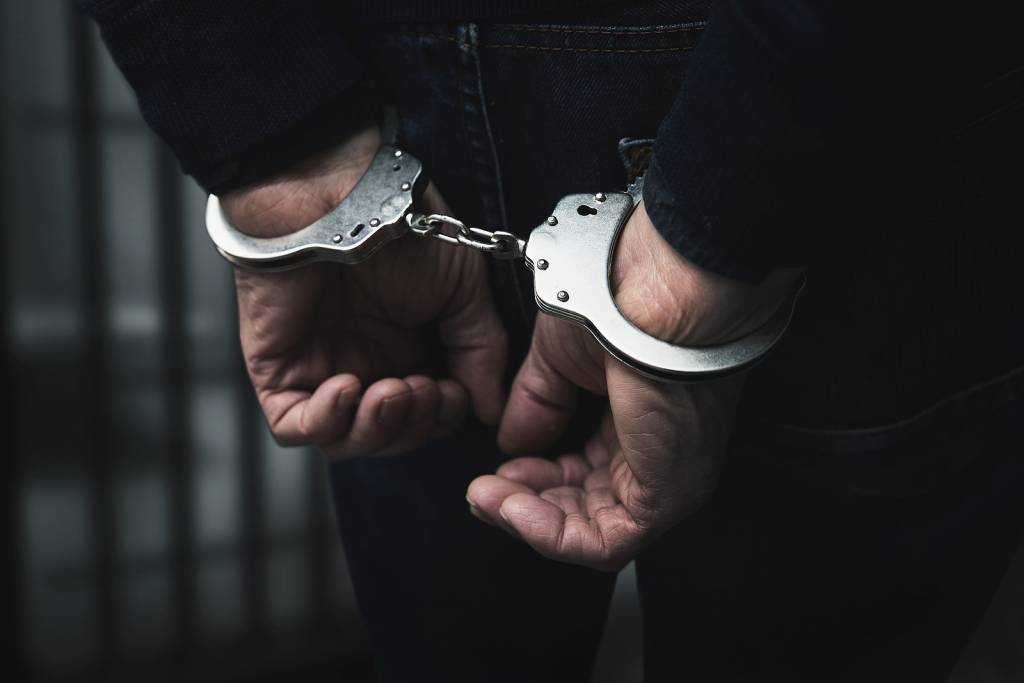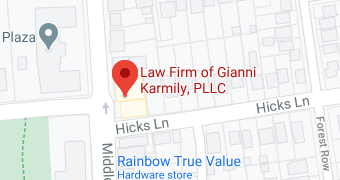Which Conversations May Be Legally Recorded?
On Long Island or in New York City, if you are charged with a crime related to recording or eavesdropping on a conversation, you must contact the offices of a Nassau County criminal defense attorney promptly for the legal advice and defense representation you will need.
Technology today makes recording in-person and telephone conversations easier than ever, but it is not always legal to record a conversation. Which recordings are and are not legal? What does the law require? What are your rights if you are accused of recording a conversation illegally?
If you will continue reading this short discussion about recording conversations, eavesdropping, and the right to privacy, you’ll find the answers you may need, but if you are accused personally of illegally recording or eavesdropping on a conversation in this state – now or in the future – you will also need the advice and services of a Nassau County criminal defense lawyer.
When is It Legal to Record a Conversation?
Let’s say you are convinced that your spouse is having an affair, and you secretly record your spouse’s phone conversations for proof of that unfaithfulness. If you record those conversations in New York, you will be committing a felony, a violation of the state’s eavesdropping law.
Privacy laws in most states allow you to bring a lawsuit against (and recover damages from) someone who unlawfully intrudes into your private affairs, discloses your private information, publicizes your private affairs in a false light, or appropriates your name for personal gain.
New York’s eavesdropping law, however, also makes it a criminal offense to record phone or in-person conversations without the consent of at least one party to the conversation. If you are a party to a conversation, you can record it legally without obtaining the other party’s consent.
However, without the consent of at least one party, you may not legally record a conversation between two other parties. New York’s eavesdropping law also makes it illegal to listen in on (without necessarily recording) a conversation between two parties without the consent of one or both of those parties.
What Are New York’s Penalties for Illegal Eavesdropping and Recording?
Illegally eavesdropping or illegally recording a conversation is charged as a Class E felony in the State of New York. If you are convicted of illegally eavesdropping or illegally recording a conversation, you could serve a lengthy prison term and/or pay a costly fine.
The federal law against eavesdropping and recording a conversation is comparable in most ways to the state law. The federal law, for example, also requires at least one party’s consent to eavesdrop on a conversation or to record a conversation.
The penalties that may be imposed on a convicted offender, however, are even harsher for an eavesdropping conviction at the federal level, and convicted offenders also may be held liable in federal courts for attorneys’ fees and for damages including punitive damages.
Is There an Exception to New York’s Eavesdropping Law?
Parents may give “vicarious consent” to a minor child in a number of situations, and New York’s eavesdropping law includes a provision that allows for “vicarious consent” if a parent records a child’s phone calls when recording those calls is in the best interests of the child.
For vicarious consent to apply in such cases, the parent or guardian must have had a good faith belief that recording the conversation was in the child’s best interests, and there must have been an objectively reasonable basis for that parent’s belief.
Can a Recording of a Conversation Be Offered as Evidence in a Trial?
Technology in the 21st century has been changing everything around us, including the way that criminal and civil trials are conducted. It is quite common now for telephone records, texts, emails, posts, and “tweets” to emerge as key evidence in both criminal and civil proceedings.
However, illegally recorded conversations can almost never be entered as evidence in a trial, and the problem with offering legally recorded conversations as evidence is that the hearsay rule prevents statements made outside of the courtroom from being used in court to prove that an allegation is true.
However, several exceptions to the hearsay rule may allow legally recorded conversations to be entered as evidence in particular circumstances and for particular reasons – for example, to demonstrate the inconsistency of a witness, to impeach the testimony of a witness, or a party admission/statement against interest.
What Else Should You Know About Recording Conversations?
A recording device can help you capture and preserve important information. Recording a conversation is a good way to document what was said when you need to protect yourself legally. However, you must make sure that any conversation you record is recorded legally.
The eavesdropping law in New York not only allows for the criminal prosecution of someone who allegedly records a conversation illegally, but the law also entitles allegedly injured victims to sue the person who made the recording for damages in civil court.
As both state and federal laws apply, any case that involves recording, eavesdropping, and privacy can quickly get complicated. For example, if you and the person you are recording are in different states, you may not be able to know in advance which state’s laws will apply.
When Should You Contact a Criminal Defense Lawyer?
If you are charged with violating any privacy, eavesdropping, or recording law – at either the federal or state level – on Long Island or in New York City, get the legal help you will need by immediately contacting a Nassau County criminal defense attorney.
If you are held in police custody and the police want to interrogate you, exercise your right to remain silent. You can simply say to the officers, “I would prefer to exercise my right to remain silent and I’m able to consult my defense attorney.”
Do not try to act as your own attorney, and don’t try to negotiate your own plea bargain, either. The eavesdropping and privacy laws in New York State are too complicated, and too much will be at stake, including your freedom.
Instead, promptly contact a Nassau County criminal defense lawyer who will protect your rights, fight aggressively and effectively on your behalf, and bring your eavesdropping case to its best possible conclusion.












